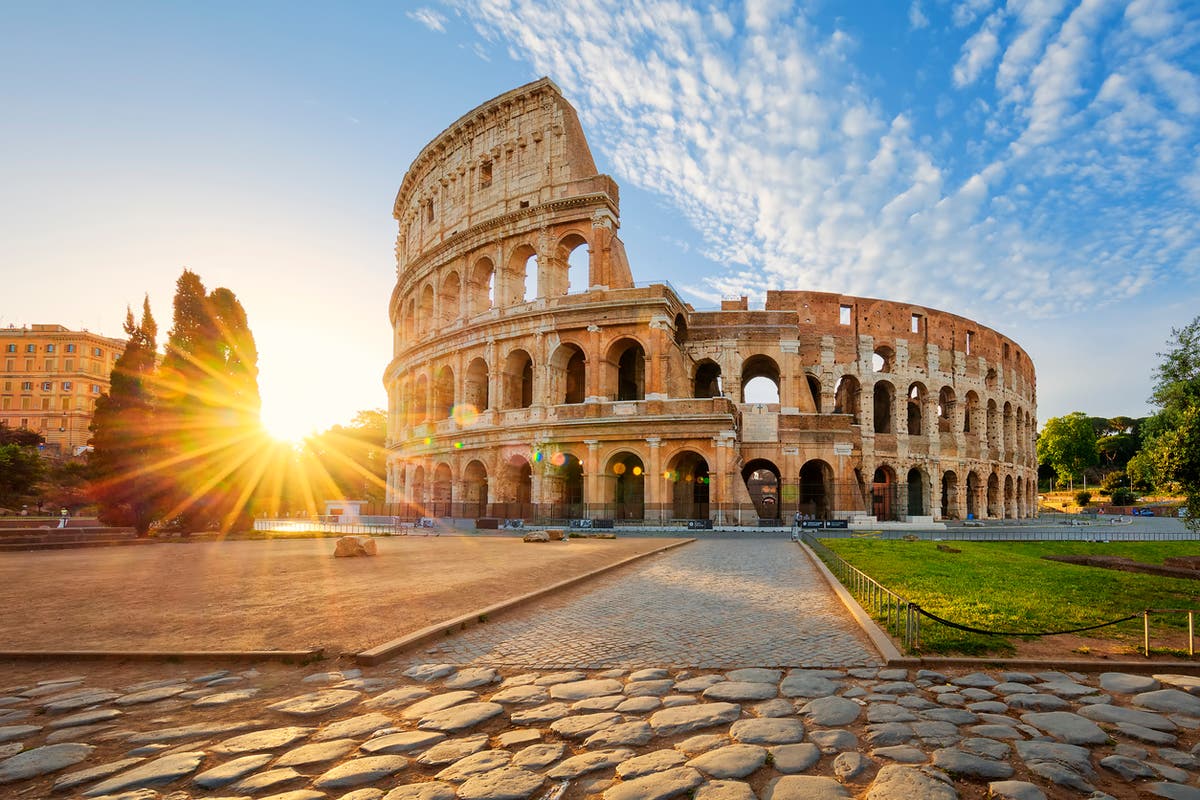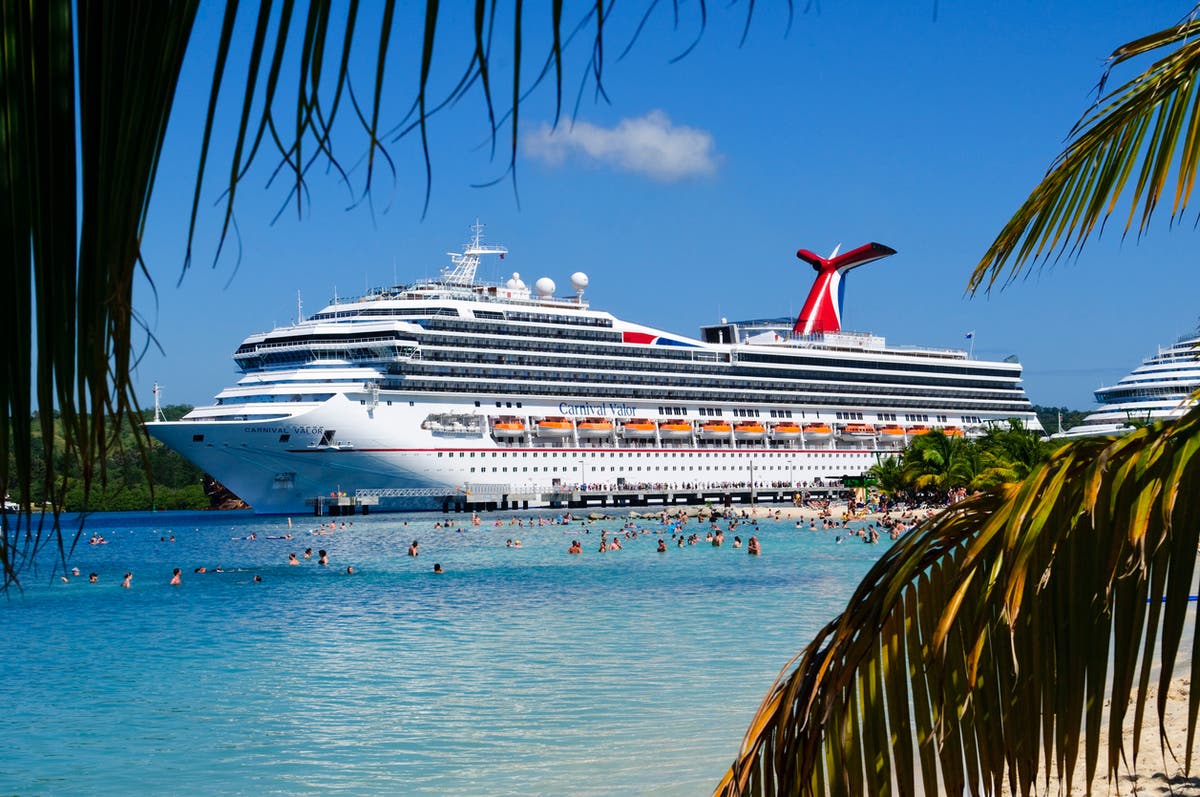Travel bloggers accused of promoting ‘unsafe’ Syria
‘In which country where you go often, where there’s no freedom of speech, would you start saying bad things about the government?’ says one blogger

Sign up to Simon Calder’s free travel email for weekly expert advice and money-saving discounts
Get Simon Calder’s Travel email
Travel bloggers and vloggers travelling to Syria have been accused of normalising President al-Assad’s regime while civilians on the ground remain unsafe.
Activist and journalist Fared al-Mahlool told the Guardian: “Syria will not be safe as long as Assad controls power.
“There are thousands of detainees in Assad’s prisons, poverty and unemployment. Whoever says that Syria is safe is a liar.”
Dozens of bloggers have visited the country in the last three years, with many racking up three or four million views on positive videos about exploring the country.
The Ministry of Tourism launched 25 new tourism projects at a conference in Damascus in October, according to the Guardian.
The ministry regularly posts to its Facebook page, showing ancient landmarks and Mediterranean coastline, with captions in English.
Spanish travel blogger Joan Torres, who has taken multiple trips to both Syria and Saudi Arabia and now organises his own tours to the former, told the Guardian: “I will not say anything bad about the government, of course, because I’m risking detention.
“In which country where you go often, where there’s no freedom of speech, would you start saying bad things about the government?”
Syria is still suffering the effects of a civil war which began in 2021, with an estimated 13 million people displaced from their homes and hundreds of thousands of civilians killed during the conflict.
The Foreign Office currently advises against all travel to the country, saying: “The situation in Syria remains volatile and dangerous owing to a decade of ongoing conflict and insecurity” and that “Daesh, formerly known as ISIL, continues to operate as an insurgency and conducts regular attacks”.
Mr Torres describes himself on Instagram as a “raw traveller, getting really off the beaten track”, and was promoting five-day small group tours to Syria, visiting areas such as Damascus, Bosra and Aleppo, as recently as July.
In 2019 he told the Daily Beast: “You receive a lot of emails and messages from people… [who] are really, really angry that [someone] went to Syria because it’s, like, supporting the government and it’s unethical.
“I don’t think there’s anything bad about it. I mean, I didn’t take selfies with destroyed buildings behind me.”
In August, British vloggers Benjamin Rich (known by his channel name “Bald and Bankrupt”) and Simon Wilson were criticised by locals for providing positive coverage of Syrian travels.
In a YouTube video entitled “The Syria the Media Won’t Show You”, posted six months ago, Mr Rich told viewers of his Bald and Bankrupt channel that the country was “not quite what you’d expect”.
“Reality of Syria: guys inviting you to bars to drink and constantly telling you to go to Homs to see how hot the women are there,” he wrote on his Instagram Stories.
He said that he had expected the trip to “be a week of no alcohol” where he “must not look at girls”. In footage taken in Aleppo, Mr Rich tells viewers: “I felt zero danger here”.
A Syrian living in Damascus told Syria Direct: “the normal life they film is hell for civilians,” mentioning the hundreds of locals gathering at the city’s President’s Bridge earlier this year “waiting for their detained relatives to be released” under a presidential amnesty.
“I don’t think the poverty, humiliation, oppression and security threats that civilians live under count as normal life,” said the unnamed source. “An employee’s salary here is less than $30 a month, while the minimum to cover our daily needs reaches $300.”
YouTuber Backpacker Ben, Indian vlogger Paramvir Singh Beniwal and US vlogger Thomas Brag, of channel Yes Theory, have all posted videos about visits within the past year.
Bloggers mostly travel with local guides, but critics say these are provided by the Syrian government.
According to Syria Direct, the country’s deputy minister of tourism, Ghiath al-Farrah, told the Melody FM radio station in July that bloggers “with large followings, when they share footage of their visits to these places, this is publicity for Syria.”
He added that the ministry “make[s] up for external participation in light of the siege [sanctions], with coordination with tourism offices, the Federation of Chambers of Tourism and others.”
“Content creators who visit Syria serve the interests of the regime, in one way or another. They convey only what the regime wants to export,” Ayman Abdel Nour, director of the Syrian Christians for Peace organisation, told Syria Direct.
Human Rights Watch’s World Report 2022 found that President Al-Assad’s re-election in May 2021 came as the Syrian regime “continued to subject hundreds, including returning refugees, to arbitrary arrest and torture, while millions go hungry”.
“Routine shortages in basic goods, including bread and fuel, have become commonplace and the number of people in need of humanitarian assistance increased by 21 per cent in 2021 - reaching a total of 13.4 million people,” it reported.
The Independent has contacted Syria’s Ministry of Tourism for comment.

 Astrong
Astrong 























.jpg)








